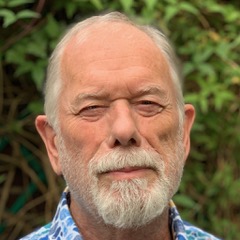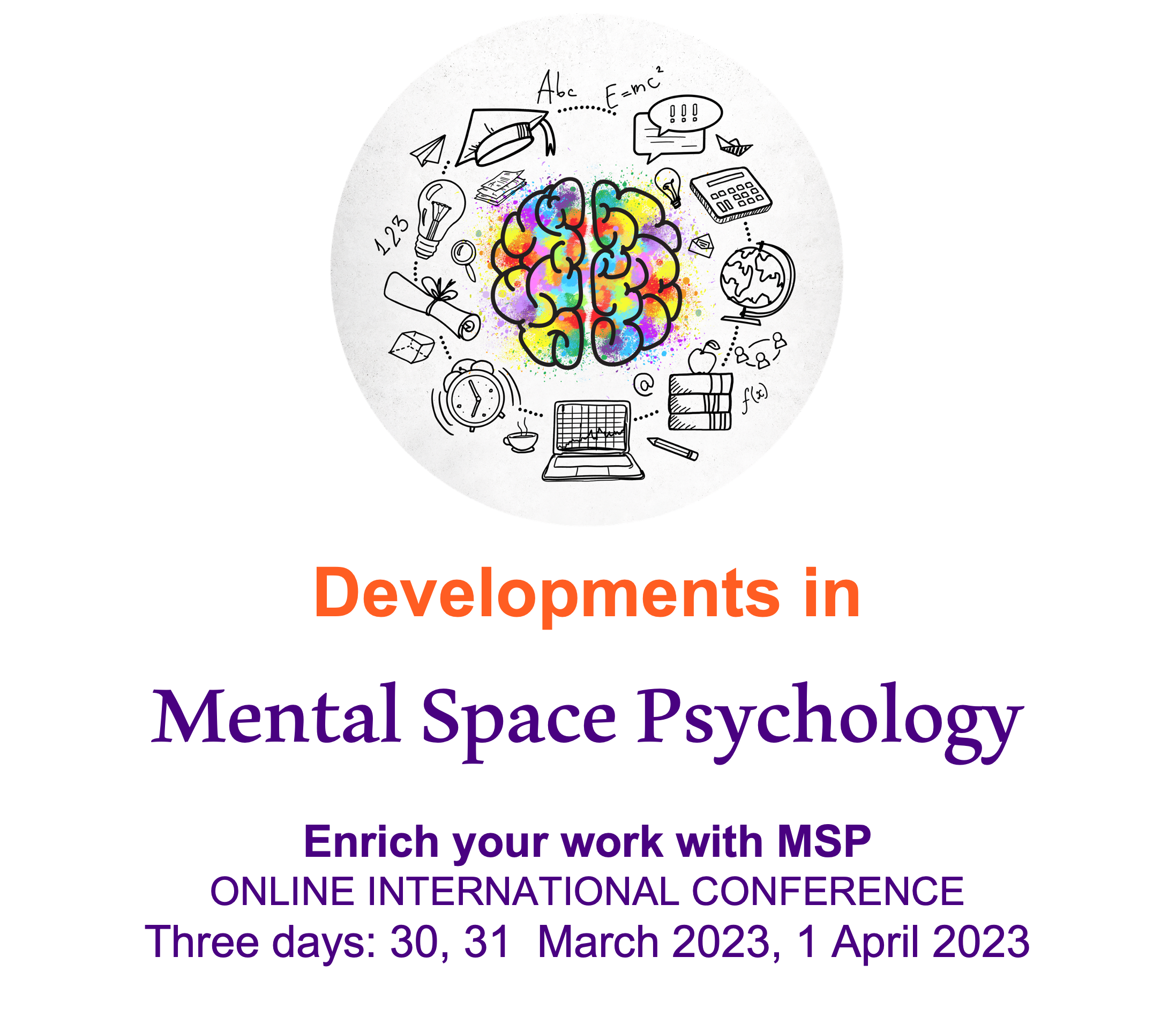
Gert Arts
“The Make-up of Mental Space”
Check the time schedule for timeslot(s).
Presentation description:
One thing we know for certain is that space is, anyhow, mental. Even if physical space were to be completely ‘empty’ (a nice paradox) we would still have our mental space, which, by dint of being mental, can have qualities, just like the entities (persons, ghosts, etc.) we can perceive or conjure up in it. In the same way that we can cause our mental-space creatures to move and can mould their appearance we can mould our mental space itself. Moulding here not only means changing the shape, but also attributing colour, sound, smell, texture or whatever quality existing in the physical, and consequently in the mental world. Are these worlds the same?
We know that moving a person in mental space to a different position can have an amazing effect, and so can changing the quality of mental space. Especially when mental space changes of its own accord the effect can be breathtaking. In this presentation I give telling examples of this. I will show that being aware of the quality, the make-up, of mental space is an essential resource and attitude for a comprehensive unfolding of one’s consciousness. Traditional knowledge knew this, we seem to have largely forgotten it.
Bio:
Gert Arts has always felt that the cosmos is one whole. At the same time he, like we all, was observing and experiencing the antagonisms in the world, ranging from mild to atrocious, which made him, like so many of us, rather melancholic and cynical. The sharp contrast between the cosmic wholeness and the sometimes horrible conflicts in humanity aggravated his depressive moods, like it does in so many people. So he embarked on an investigation into ways to help his mind to handle this predicament. The path he followed was the study and practice of psychology (esp. Jung), classical meditations, mysticism, brain research, near-death experiences, Gendlin’s Focussing, NLP, hypnotherapy and cognate fields. The practice of meditation has for 60 years (He’s 80 now) been a constant in his life and Gendlin’s Focussing has been so for nearly 40 years. From the beginning of the development of Lucas’ Social Panorama and its growth into Mental Space Psychology he has been an avid student and practitioner of it. All this knowledge he has been applying now for 40 years as a psychotherapist and as an instructor in several institutions and workshops and courses on his own. (Also see his CV on SOMSP’s website.)

